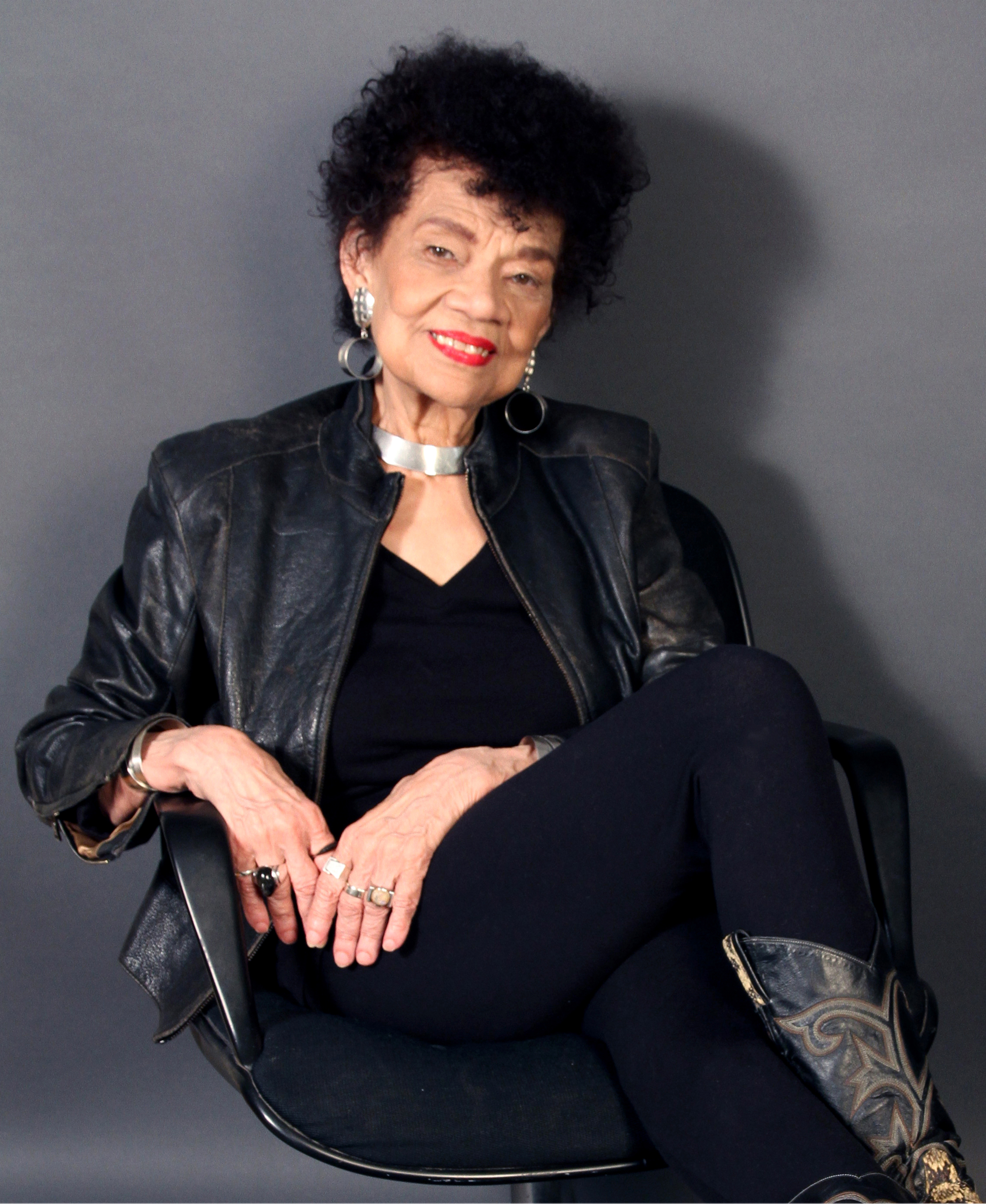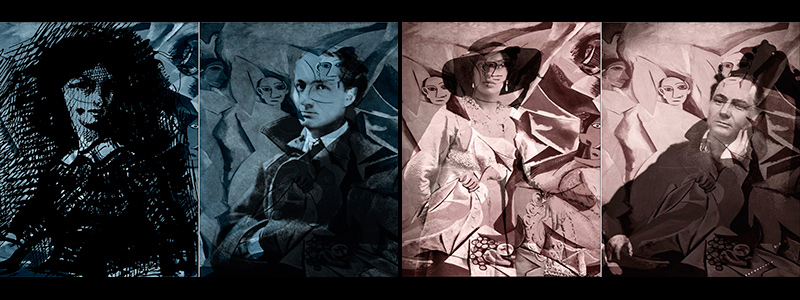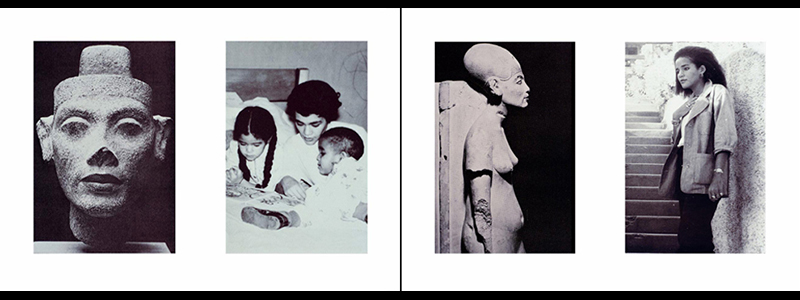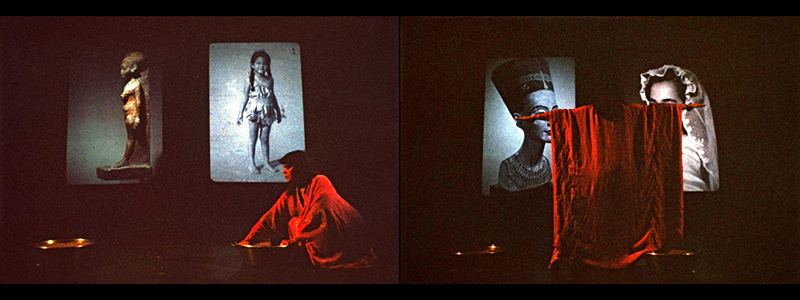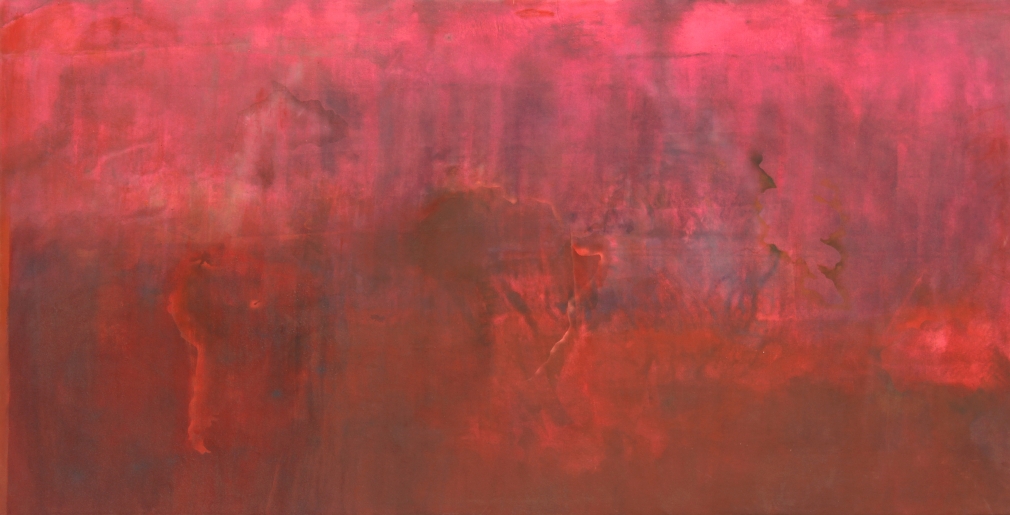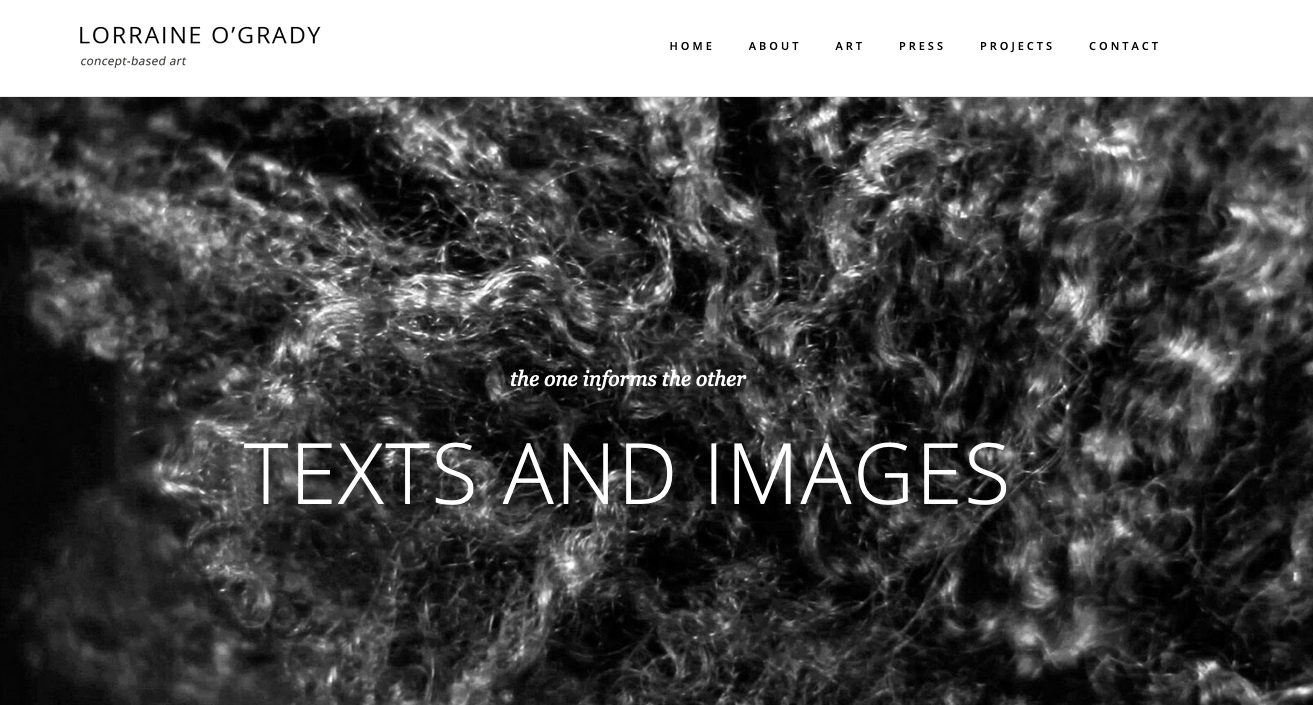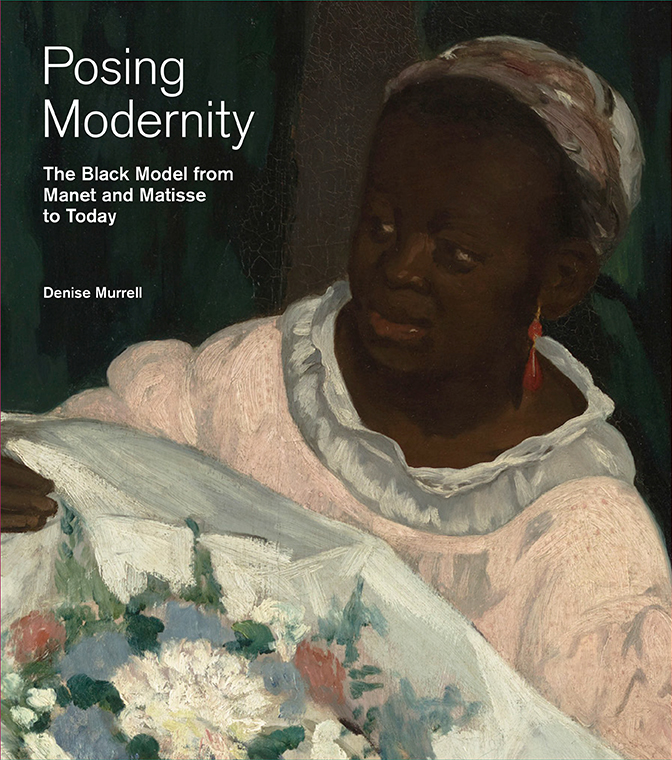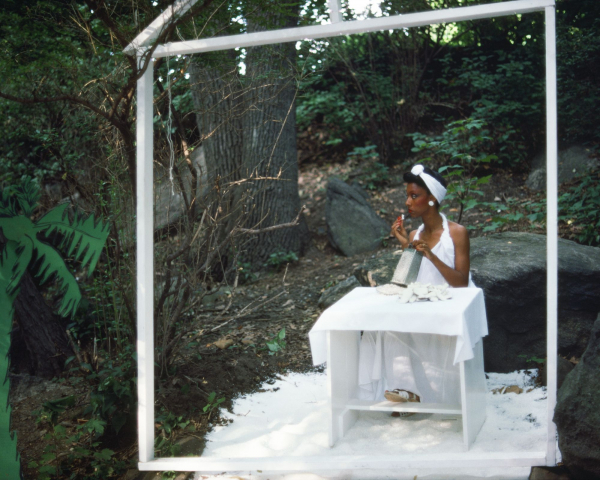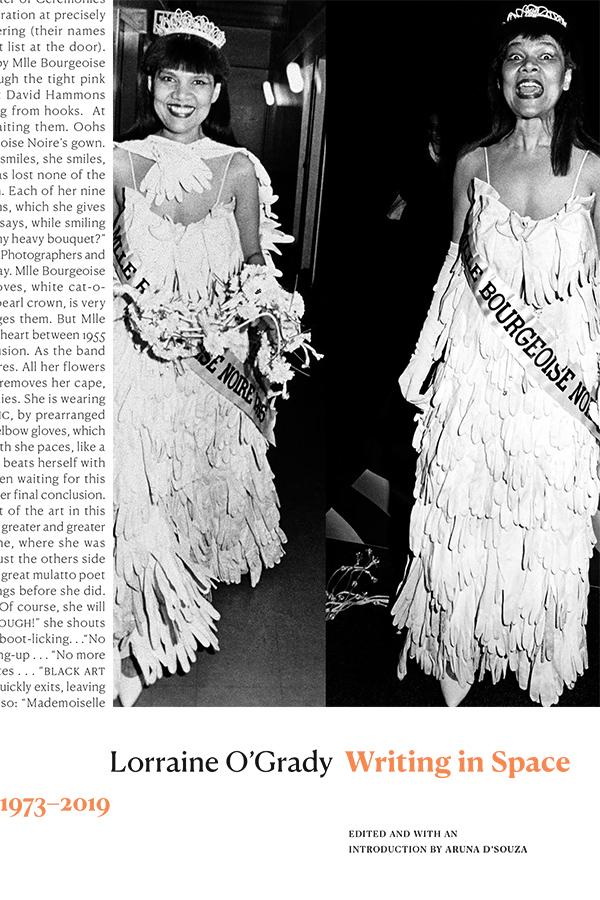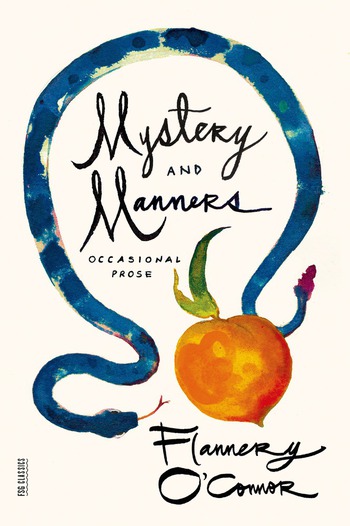“One’s Own Bifurcations”: Lorraine O’Grady on Both/And Thinking in Art
“This is the basic thing that I’ve taken away from my work: that differences are not the problem. It’s the hierarchicization of differences that are the problem.”
In this episode
Caro Fowler speaks with Lorraine O’Grady, an artist and critic whose work on Black female subjectivity and modernism has made significant contributions to numerous disciplines. Lorraine discusses her early research on the relationship between Charles Baudelaire and Jeanne Duval and grapples with her relationship to Black abstract art. She critiques the elision of scholars of color within art history and reflects on the move among Black feminist scholars to acknowledge the specificities of difference. Throughout the conversation, Lorraine offers a perspective that integrates personal histories with broader, cultural ones.
TRANSCRIPT
Lorraine O’Grady is a conceptual artist and cultural critic whose work over the last four decades has employed the motif of the diptych as its primary form to address issues of diaspora, hybridity, and Black female subjectivity, especially as they relate to the history of modernism. Her canonical essay “Olympia’s Maid: Reclaiming Black Female Subjectivity” (1992) has had a lasting impact on the field of art history. Her artistic work spans various genres including text, photo-installation, video, and performance, and has been acquired by the Art Institute of Chicago, IL; Museum of Modern Art, New York; Tate Modern, London; Museum of Fine Arts, Boston; and the Whitney Museum of American Art, New York, among others. Most recently, in spring 2021 her work was the subject of a retrospective at the Brooklyn Museum.
This conversation was recorded on January 21, 2021. Photo: Lorraine O’Grady, “The Supper Club” project, New York, 2014. Photo: Elia Alba
